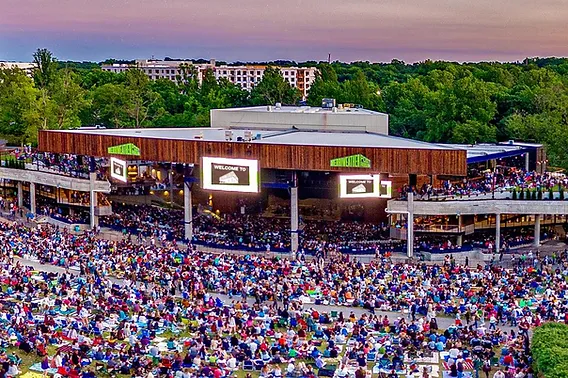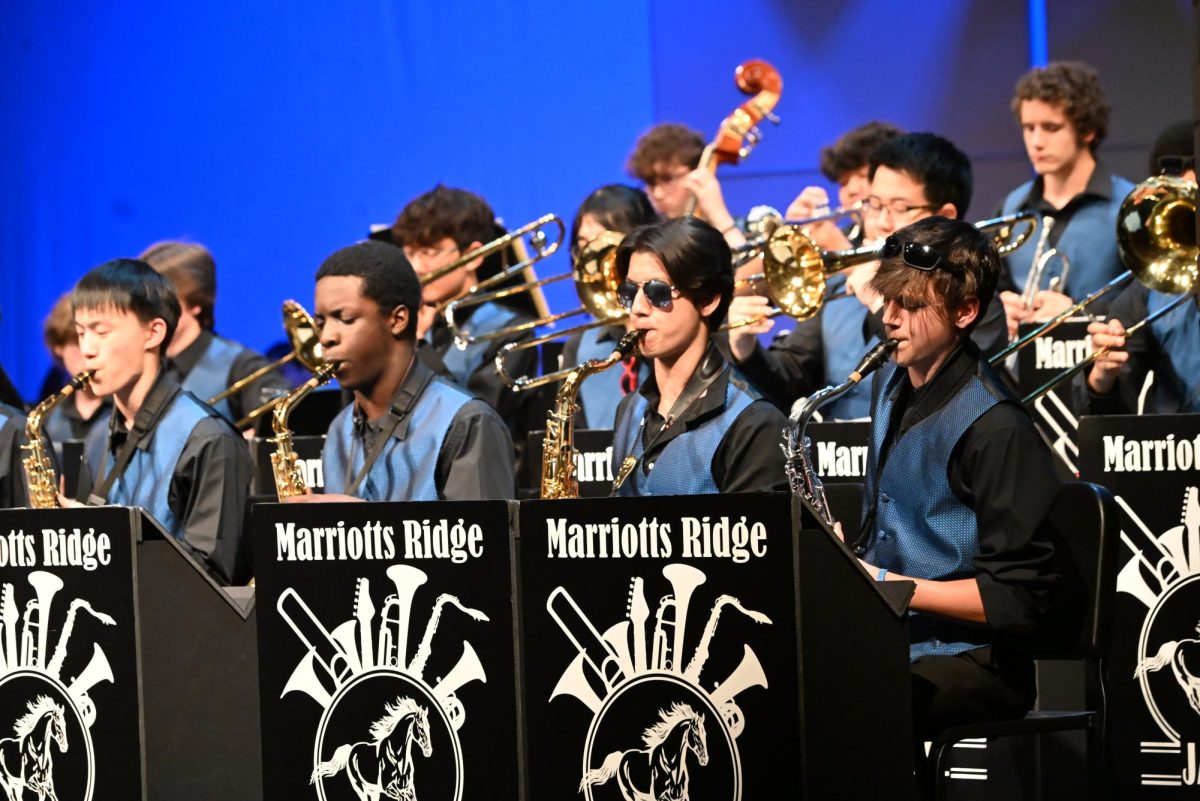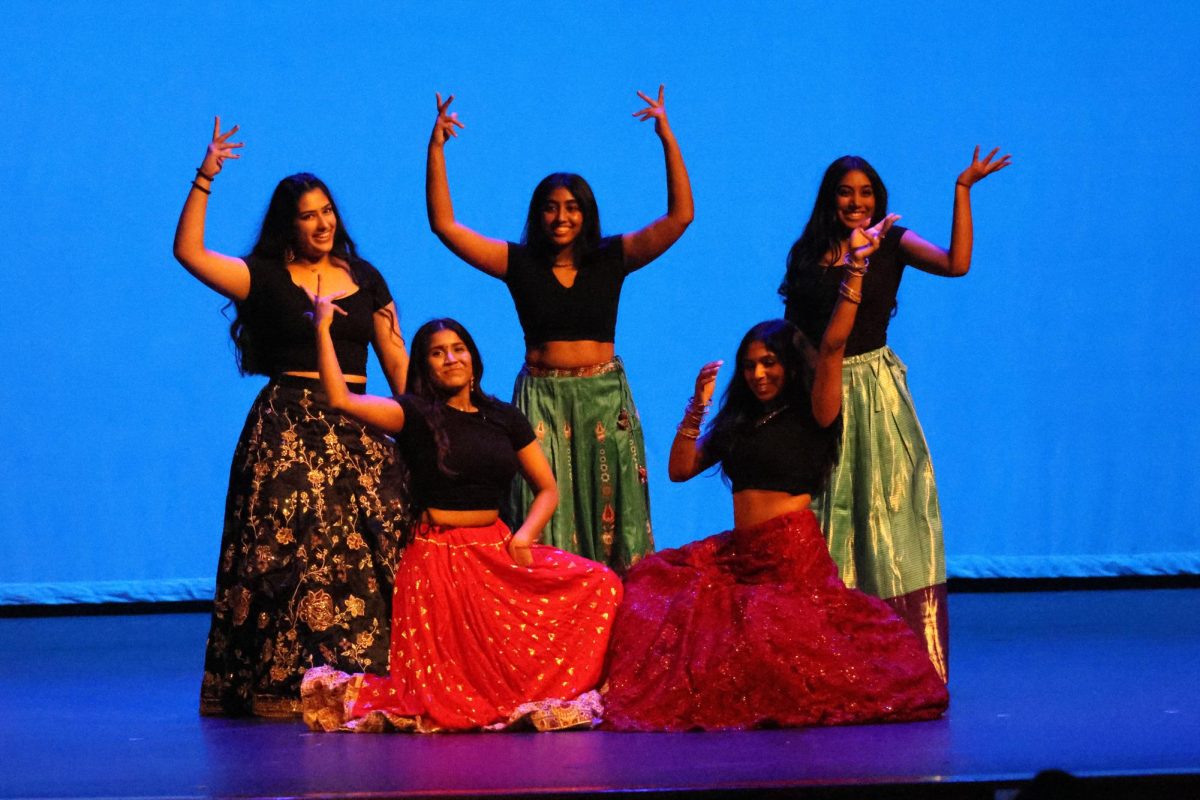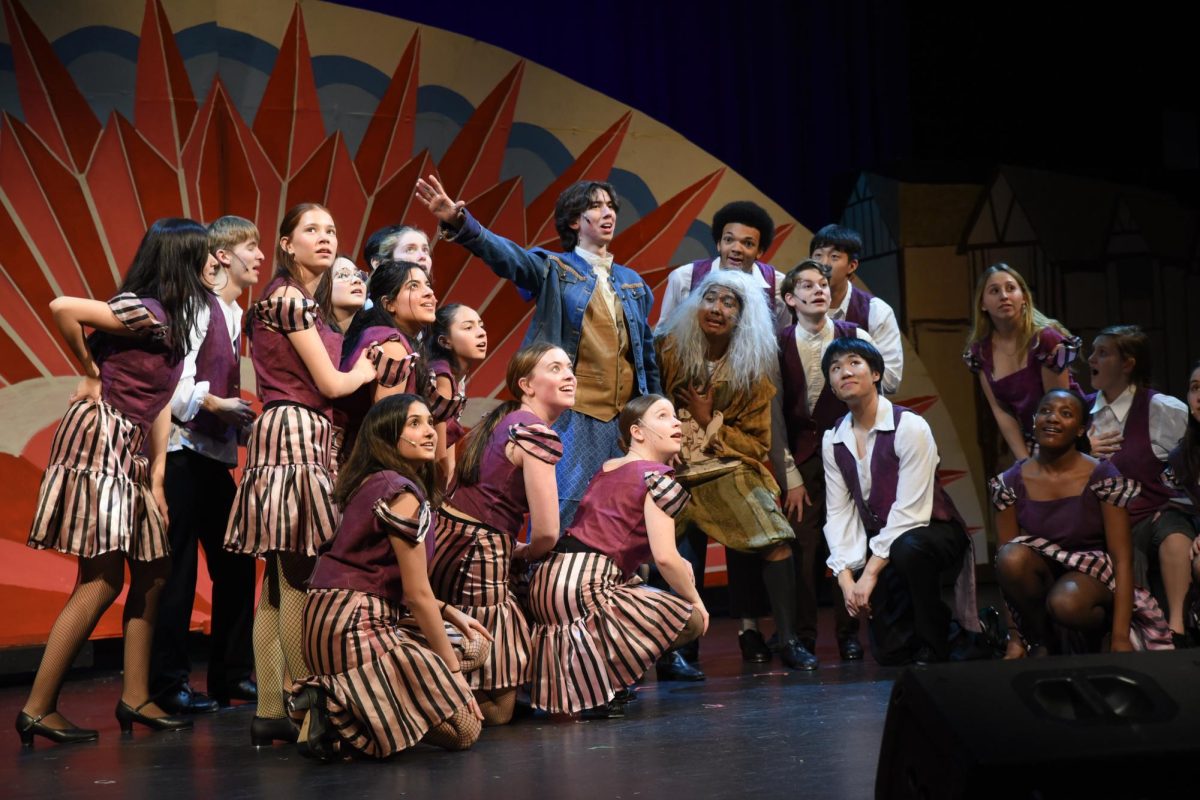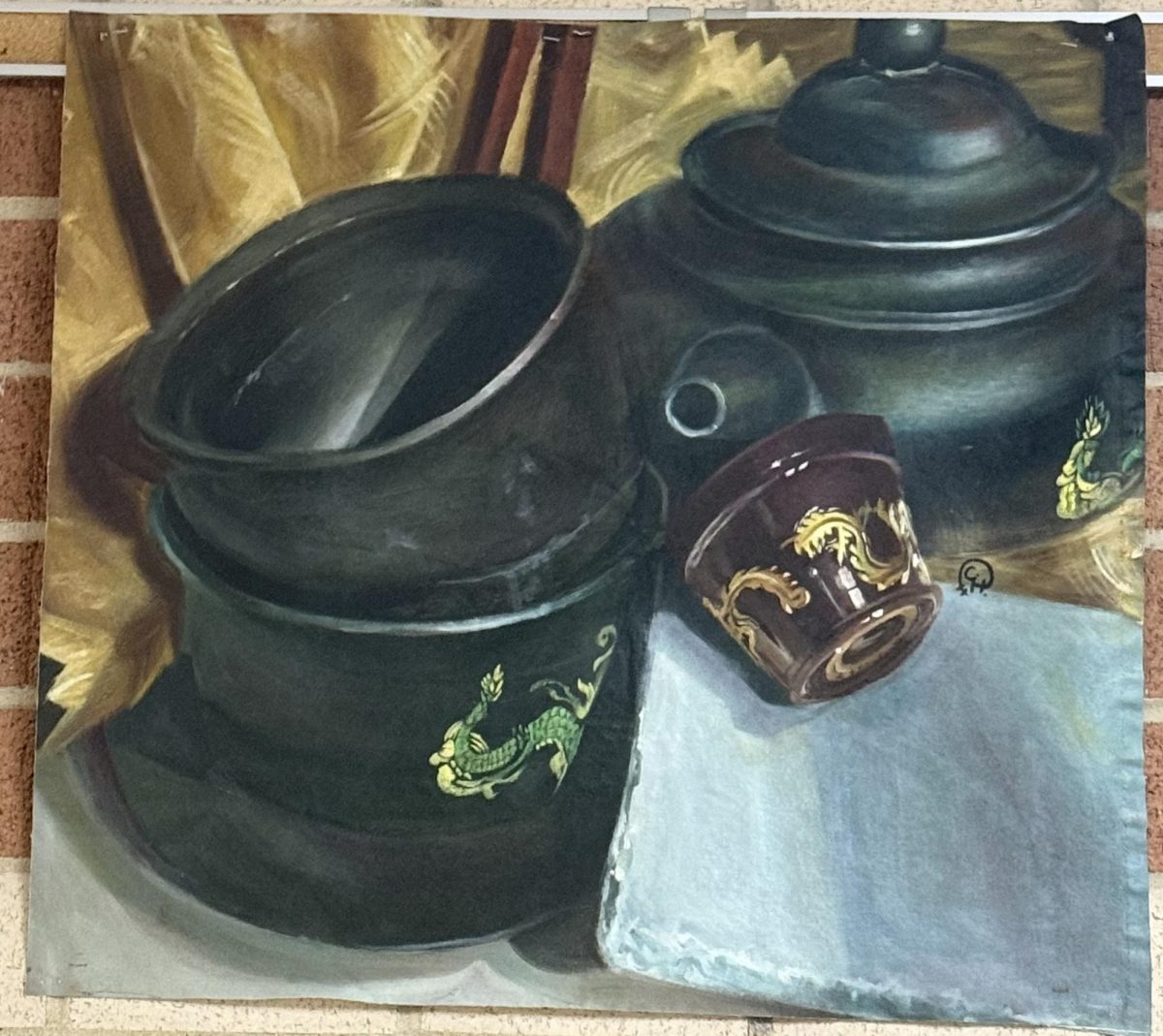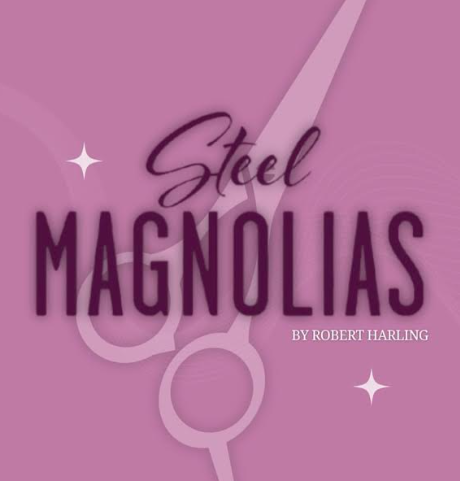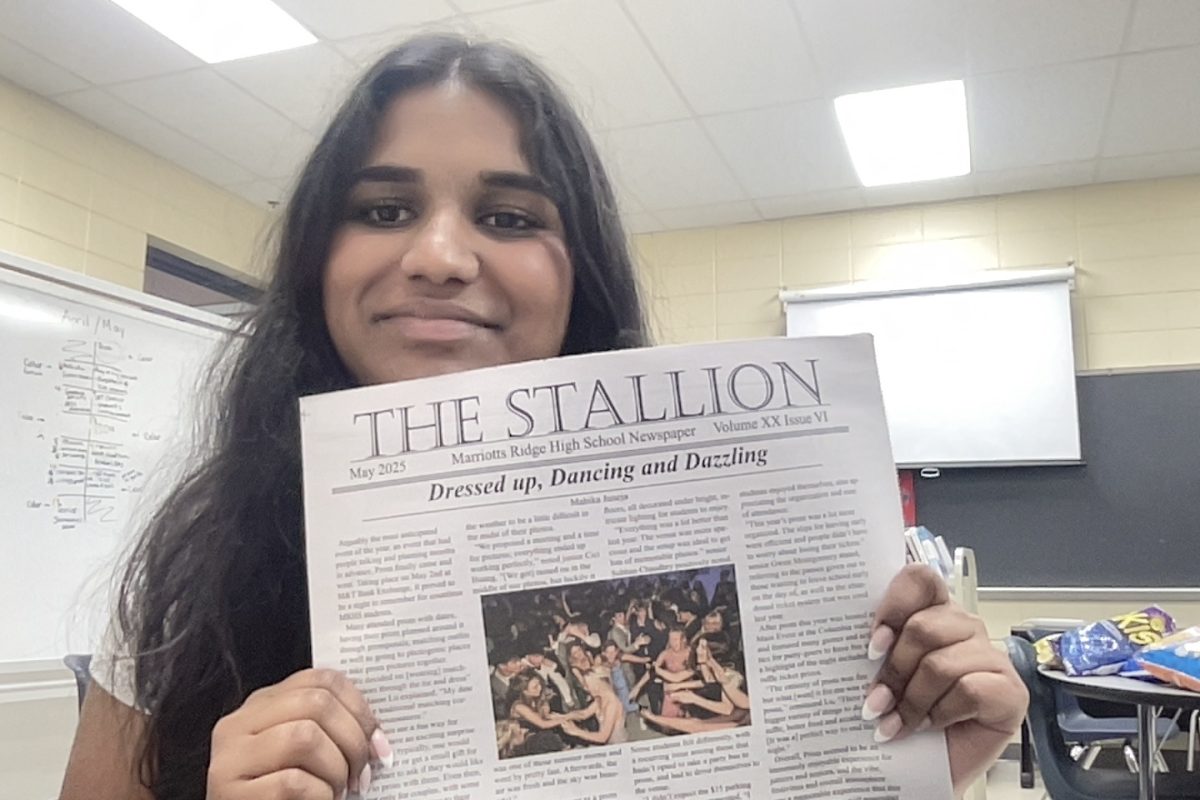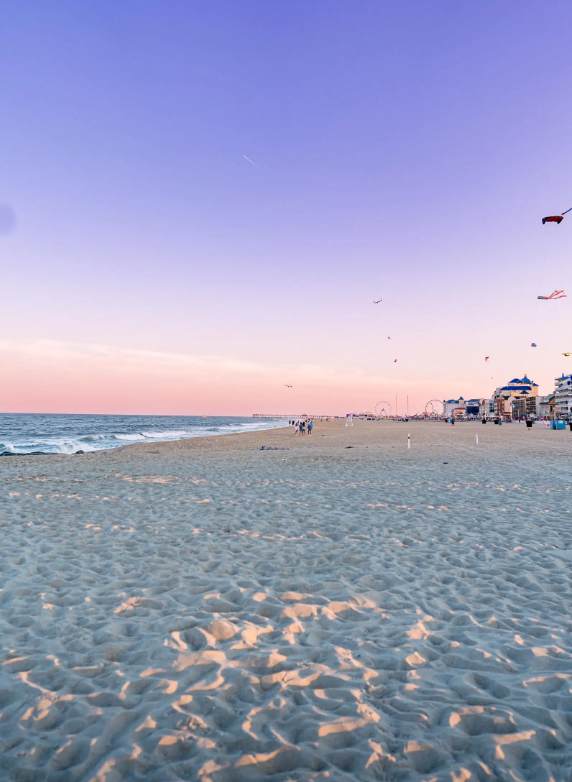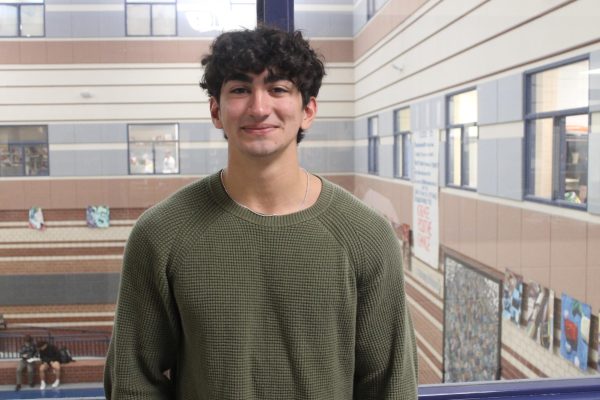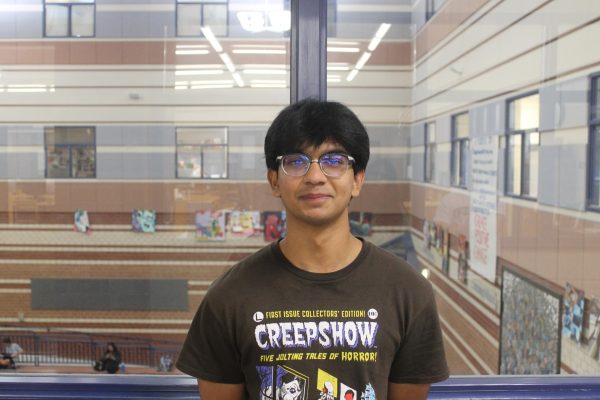Music plays a central role in the lives of students, and whether they participate in band, choir or orchestra, sharing and connecting over favorite artists or songs often helps forge new friendships. Music taste can reveal a lot about a person’s personality, and with this year’s biggest concert season bringing a wide variety of popular artists to local venues, music is fostering new connections more than ever. However, some students express concerns about social media as a platform for sharing music, arguing that it has oversaturated an already crowded industry with uninspired content.
In the digital age, music discovery has transformed, with platforms like YouTube, TikTok and Spotify providing endless opportunities to explore new sounds. Senior Tyler Wu highlights how these platforms have become integral to finding music, saying, “Music recommendations on social media really help me explore and it’s where people are able to share music they enjoy.”
For students, social media serves as a gateway making it easier to share favorite tracks and uncover emerging artists. However, Wu also critiques the downsides, particularly with TikTok’s impact on the music industry: “It helps people get involved, but it takes away the substance many look for in music by the short popular parts in TikTok.” While TikTok can give rise to viral moments, it often reduces music to snippets, potentially compromising the full artistic expression behind the songs. This duality creates a balance between the excitement of music discovery and concerns about how much substance remains in this rapid-fire sharing culture.
As social media’s role in shaping the music industry grows, concerns about the balance between art and commercialization have emerged. Senior Timothy Hwang expresses that, “TikTok makes music less about art and more about the industry.” While platforms like TikTok have amplified the reach of both established and up-and-coming artists, they have also encouraged the creation of music that prioritizes virality over artistic integrity. With a focus on generating quick hits and catchy moments, some argue that the depth and creativity of music are being sacrificed for commercial success. TikTok’s influence on the music industry has raised many questions that the platform is prioritizing trends and short snippets. Many people might listen to a song they discovered on TikTok, only to find the popular clip is the best part, while the rest of the song is terrible.
While digital platforms have made music discovery more convenient, many seem to enjoy live performances as they offer a deeper, more personal connection to music. This year’s music festival in Ocean City was a highlight in the music scene for many. Senior Leah Klaus, who attended the festival, describes how the live experience enhances her admiration for music.
“Listening to music live gives it a better experience as you hear the performers’ passion.” Klaus notes. The energy of live performances often bring out emotions and intensity that listening through headphones can’t replicate. Klaus also emphasizes the sense of unity that live events foster. She adds that, “When you are in an environment like that, it takes away all the issues and people can come together and enjoy the music.”
Festivals and events related to music not only offer entertainment but also help people discover new artists and genres they may not have encountered before.
In the modern era, it is becoming increasingly easy to become preoccupied by short form content and the microtrends associated with it. Songs have extraordinarily short shelf lives in the greater social consciousness, but more interestingly than this is the divide between what is popular on TikTok compared to the individual music tastes of students. In a survey conducted asking students their favorite music genres and artists, the results were far more varied than one may anticipate, with many students responding with favorite artists such as Grent Perez and Nujabes, who certainly have prevalent fanbases but ones that exist outside of the social media sphere of influence. The prevailing genre hip hop also only held a 3% lead against RnB, taking up a combined total of only 50% of the data with unique responses like hyperpop, jazz, reggaeton and vocaloid representing more niche music subcultures.
One of the most unique qualities of Marriotts Ridge is its strong diversity and varied student culture, and this is highlighted in abundance by the listening habits of its students. With an artform as deeply expressive but stylistically varied as music, students are never far from finding their next favorite song or artist by just reaching out to those around them and asking for a simple recommendation.


